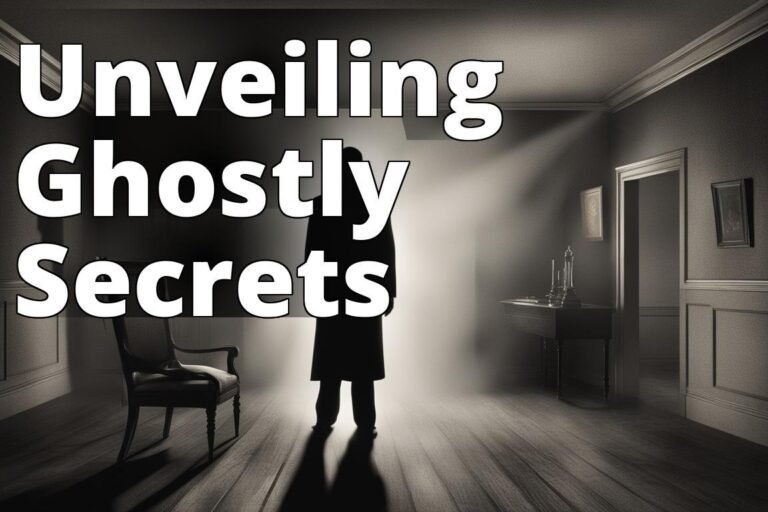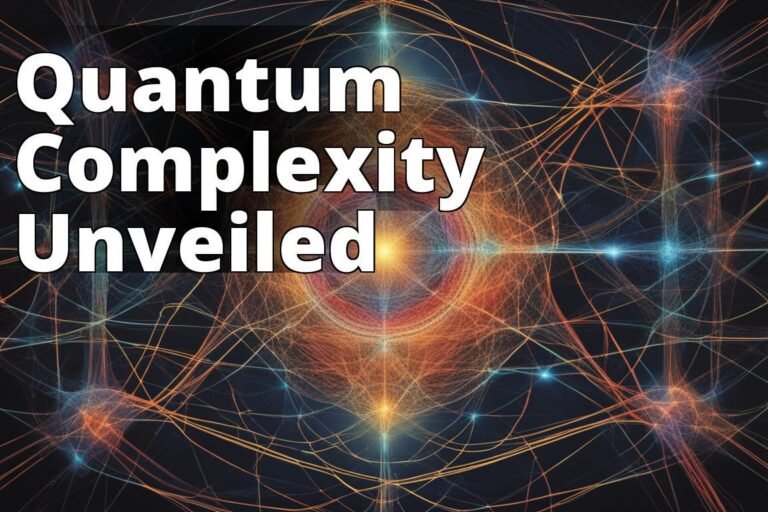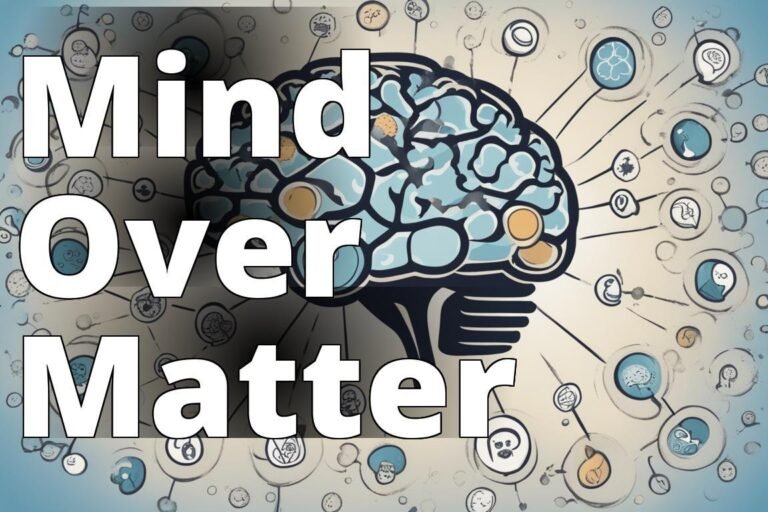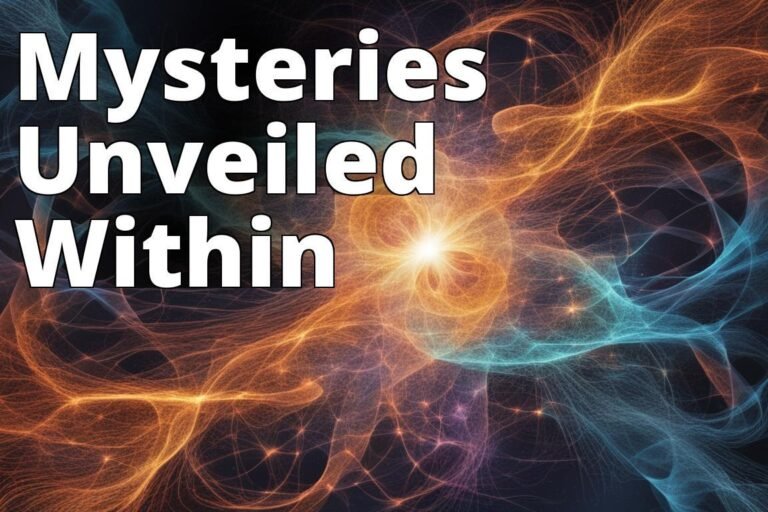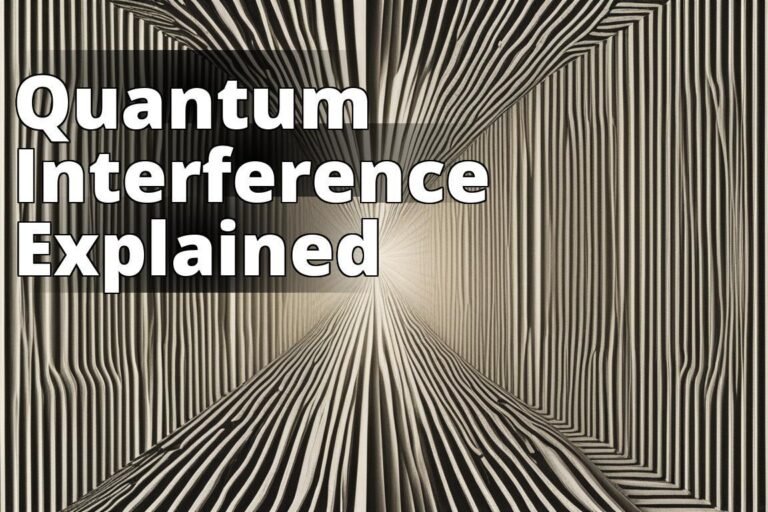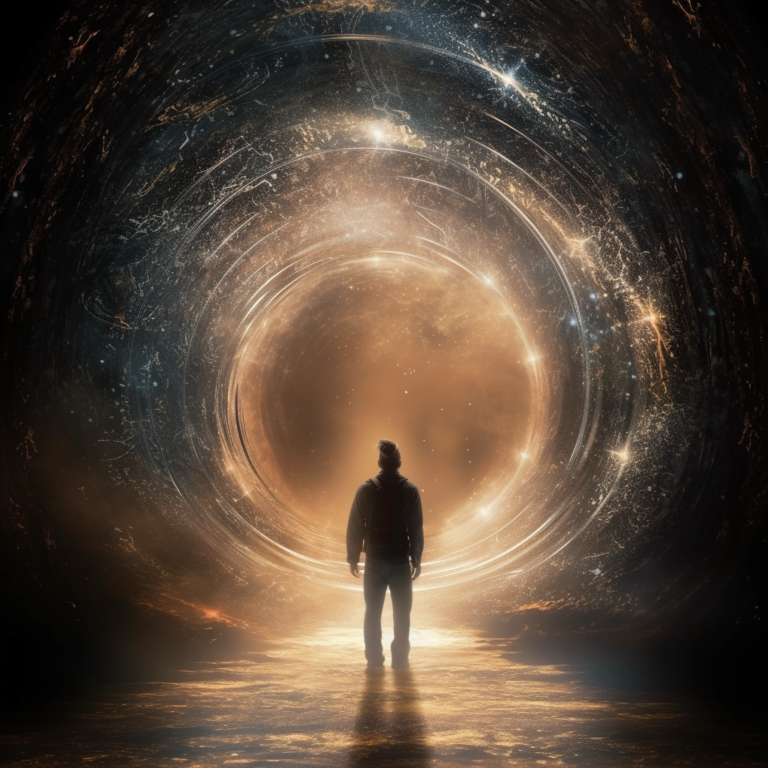Why Are People So Susceptible to Pseudoscience?
Why are people so drawn to ideas that seem to defy logic and scientific understanding? The answer is not as simple as ignorance. Rather, it’s a complex interplay of cognitive biases, motivated reasoning, social pressures, and the inherent structures of science communication and education. These elements, intertwined with our human nature, create a fertile ground for pseudoscientific beliefs to flourish.
Understanding why humans are biased towards certain explanations over others, especially in the realm of the supernatural or unproven, is crucial in addressing the widespread acceptance of pseudoscience. It’s not just about what we think, but how we think. Let’s dive into the various factors contributing to this phenomenon, peeling back the layers to uncover the roots of our susceptibility to pseudoscience.
Learn about human bias in pseudoscience
- People are drawn to pseudoscience due to its appeal and the role of cognitive biases.
- Motivated reasoning, social and cultural factors, science communication, and education also play roles in human bias towards pseudoscience.
The Appeal of Pseudoscience
At first glance, the allure of pseudoscience might seem perplexing. Why would anyone choose an unverified claim over the robust, empirical evidence science provides? The answer lies in the simplicity and immediate gratification pseudoscience offers. Pseudoscience often presents solutions that are more palatable or sensational than the complex, sometimes inconclusive answers given by real science.

Personal Anecdote: I remember a time when I was drawn to the idea of astrology. The thought that the positions of stars and planets at my birth could influence my personality and fate was enchanting. It was simple, personal, and offered a sense of belonging and understanding. This personal allure is a key component of pseudoscience’s appeal.
The Role of Cognitive Biases
Cognitive biases are systematic patterns of deviation from norm or rationality in judgment. They represent a crucial aspect of why pseudoscience can be so appealing. Confirmation bias, for example, leads us to favor information that confirms our preexisting beliefs and ignore information that contradicts them. This bias can make us more susceptible to pseudoscientific claims that align with our worldview.
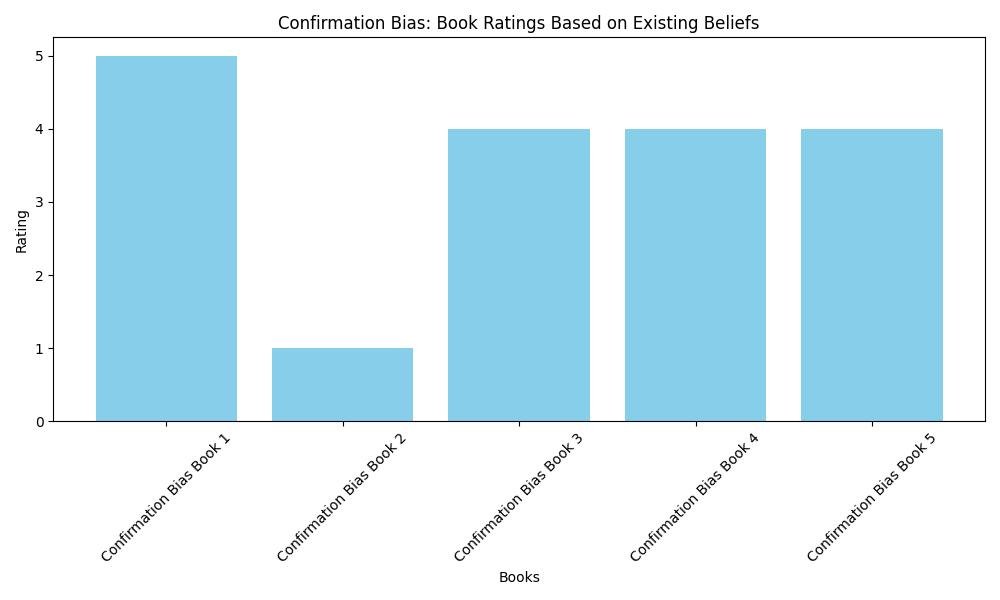
Insider Tip: “To combat confirmation bias, actively seek out and consider information that challenges your beliefs,” advises Dr. Jane Goodall, a renowned cognitive psychologist.
The Role of Motivated Reasoning
Motivated reasoning is another cog in the machine. This is the tendency to fit our processing of information to conclusions that suit some end or goal. For instance, if someone wants to believe in the healing powers of crystals to feel a sense of control over their health, they’re more likely to accept claims that support crystal healing and disregard skeptical views.
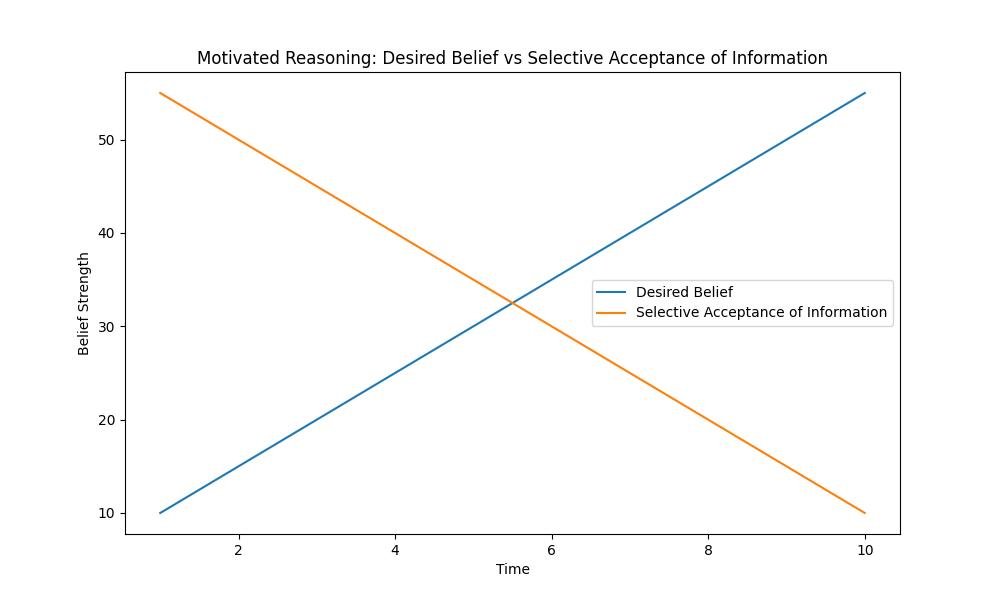
Motivated reasoning shows us that our desires and fears can shape our perception of truth.
The Role of Social and Cultural Factors
Humans are inherently social creatures, and our beliefs are heavily influenced by the people around us and the cultural context we’re part of. The spread of pseudoscience can often be attributed to social proof (if many people believe it, it must be true) and in-group bias (the belief system is accepted within my social or cultural group).
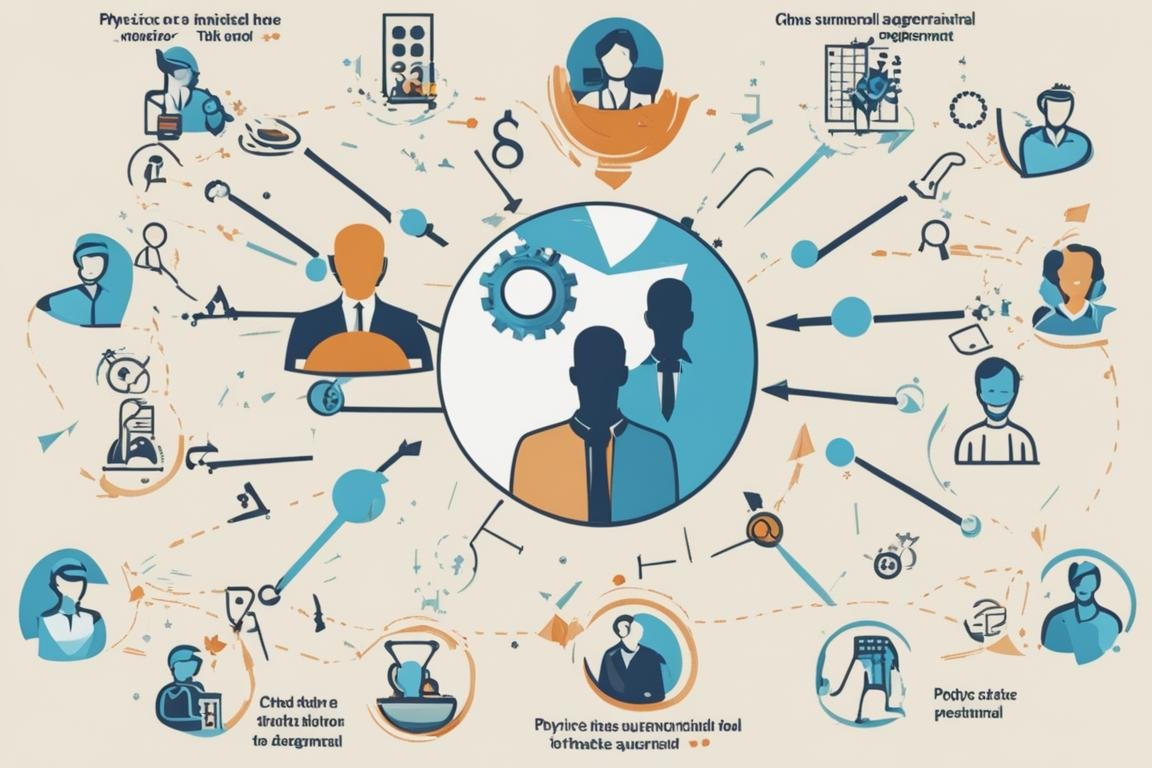
Cultural narrative and identity play significant roles, as well. In some cases, pseudoscientific beliefs are embraced because they reflect cultural stories or resist perceived scientific imperialism.
The Role of Science Communication
The way science is communicated to the public can inadvertently contribute to the spread of pseudoscience. Science is complex, and not all scientific findings are definitive. This uncertainty can be exploited by pseudoscience, which often presents its claims with unwarranted certainty.
Effective science communication should aim to educate, not just inform, providing tools for critical thinking and understanding the scientific method.
The Role of Science Education
Science education plays a pivotal role in equipping individuals with the critical thinking skills necessary to navigate the muddy waters of pseudoscience. Unfortunately, science education often falls short, focusing more on memorization than on understanding the scientific process and developing critical thinking skills.
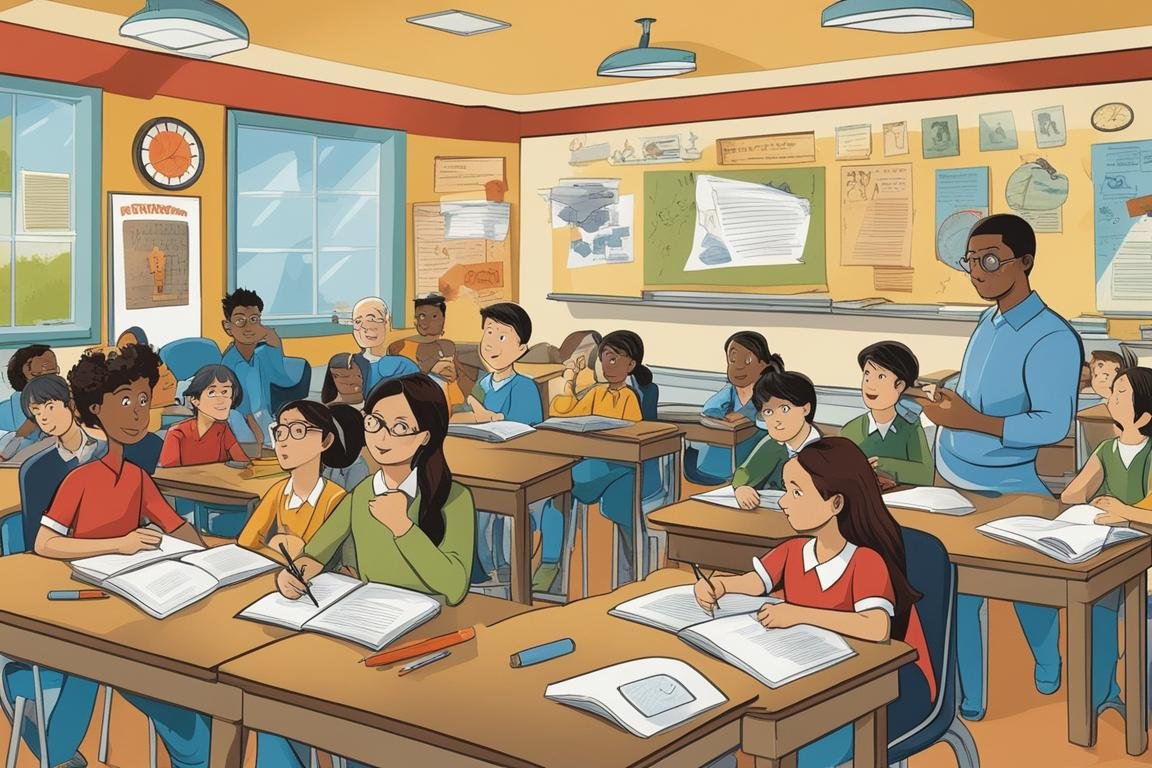
A robust science education fosters skepticism and inquiry, essential defenses against the allure of pseudoscience.
Conclusion
The battle against pseudoscience is not merely one of facts against fiction but a deeper struggle against our own cognitive biases, motivations, and the very human desire for simple answers to complex questions. Understanding why humans are biased, and addressing these underlying factors through better science communication and education, offers the best hope for cultivating a society that values and understands science.
To truly combat the spread of pseudoscience, we must commit to fostering a culture that encourages questioning, values evidence, and respects the complexity of the natural world. Its a tall order, but one well worth striving for.
References
For further reading and a deeper dive into cognitive biases and the psychology of belief, I recommend visiting the American Psychological Association’s website, which offers a wealth of resources on the topic: American Psychological Association.
To enhance your understanding of this subject, consider exploring the sitemap of thinwhitelies.com for related articles and insights: /index.php?xml_sitemap=params=main;html=true.
FAQ
Q. Who can explain why humans are biased in the physics of the supernatural?
A. Experts in cognitive psychology can delve into human biases in the supernatural.
Q. What are common biases in the physics of the supernatural?
A. Common biases include confirmation bias, availability heuristic, and cognitive dissonance.
Q. How can biases affect the study of supernatural physics?
A. Biases can lead to misinterpretation of data and hinder the objective analysis of supernatural phenomena.
Q. What if I don’t believe in biases affecting supernatural physics?
A. Understanding biases is crucial to ensure a more accurate and unbiased study of the supernatural.
Q. How can one recognize their biases in supernatural physics?
A. Reflecting on personal beliefs and being open to different perspectives can help identify biases in supernatural physics.
Q. Who can help individuals overcome biases in supernatural physics?
A. Educators and researchers can provide tools and techniques to help individuals recognize and mitigate biases in supernatural physics.


